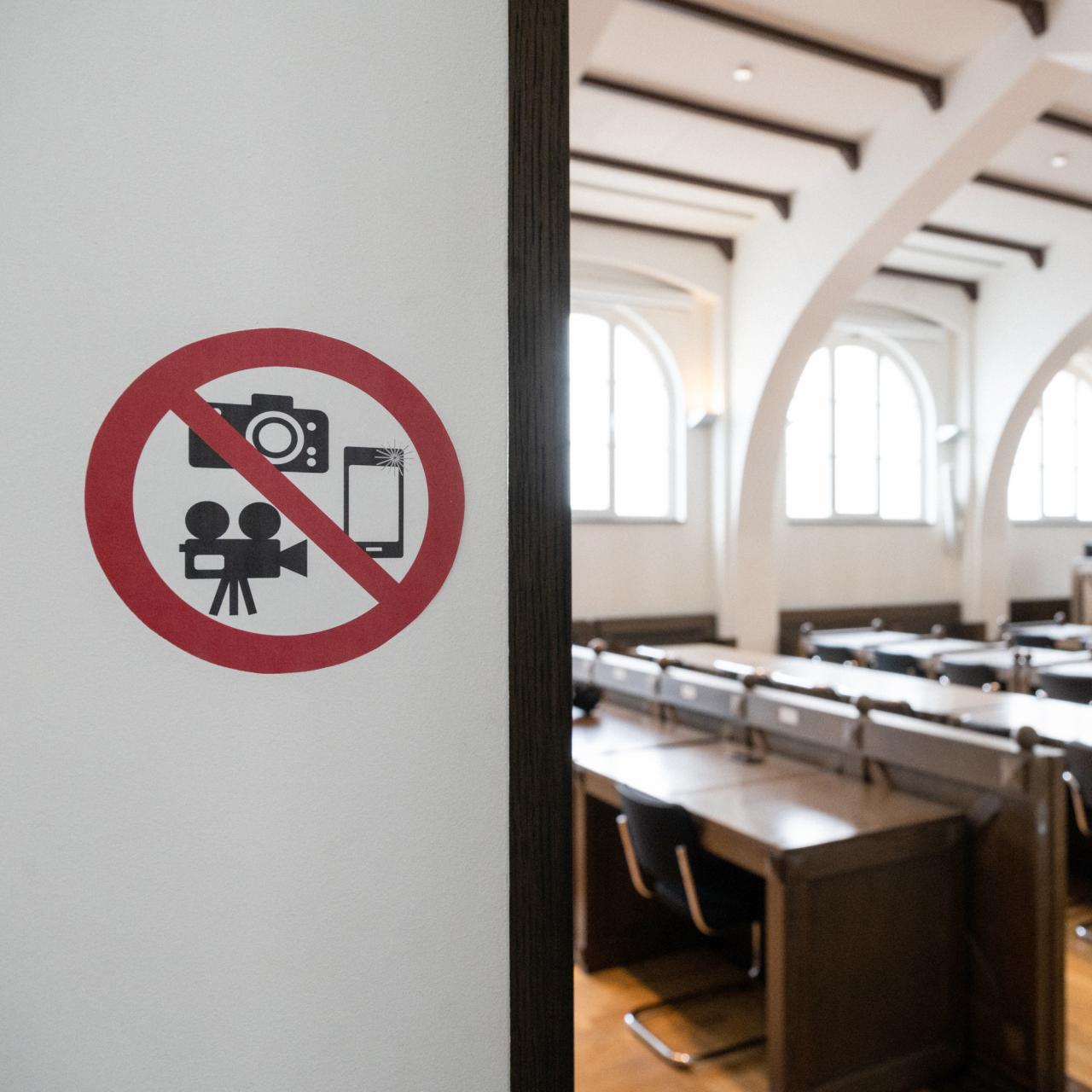
Listen to this article
The Journal-team looks back at 2021 - Bill Wirtz is the last in line. The past twelve months have been exciting, challenging and enriching, and they also mark our first digital birthday. To celebrate the occasion, each team member has chosen the piece whose research or production had the biggest impact on them in 2021.
The retrospective 2021 is provided to you free of charge. If you want to support our team, subscribe!
It’s been an exciting year for me at Journal, from interviewing former European Commission president Jean-Claude Juncker on Brexit, to a large investigation into a documentary about Luxembourg, and diving deep into the conflict between Armenia and Azerbaijan (more to come on that front). Since I’ve been asked to pick the piece of reporting that has struck me the most, I’ll have to go with Camera On – my piece looking into the (absent) use of body cams in Luxembourgish law enforcement.
My article revealed that Luxembourg, unlike its neighbouring countries, is late to the game on the implementation of body cams as a tool that both protects the integrity of police officers and acts as a safeguard for the civil rights of citizens. Criminal defence lawyers and police officials alike consider these cameras as essential, but the responsible ministry has not regarded the issue as a priority. In this context, my article has even led to a parliamentary question and statement by the responsible minister.
To me personally, this story has hit a nerve. In conversations with lawyers on the issue, I found out how little information courts have, and need, to go into the decision-making process if there is no CCTV camera or footage from bystanders at hand. Criminal defence lawyer and criminal procedure law professor Sébastien Lanoue made me realise the stomach-turning reality of the low threshold for evidence gathering: it is very plausible that there are people in Luxembourg’s prisons today who were convicted on the basis of what could be considered insufficient evidence. A nightmarish scenario akin to the plot out of a popular TV show or sought-after crime novel.
"Both journalism and the rule of law can operate best if there is a paper trail, recordings (audio or video), accounting for what happened."
My piece also addressed the question of dash-cams in private vehicles. Spoiler alert, the answer to whether they’re legal is: it’s complicated. Luxembourg’s legal framework does not provide a sufficient legal framework for citizens to know if they can film what happens on the road.
The issue becomes clearer when we turn to legal proceedings – currently not in place in Luxembourg. The Justice ministry under Felix Braz (Greens) did investigate the issue, but currently, the ministry is stuck with analysing the legal and logistical practicalities. Legal experts have told me that the current method (i.e. written accounts of the proceedings) are unreliable, especially when the case goes to an appeals court.
Both journalism and the rule of law can operate best if there is a paper trail, recordings (audio or video), accounting for what happened. The tragedy, such as the one that took place this year in Ettelbruck, when a man was shot and killed by police after threatening the officers with a knife, has made the case for video evidence stronger, not least because the videos of bystanders provided insight into the case. With body cameras, we would get a clearer perspective, easing the work of investigators and the public alike in shedding light on what happened.
It is cases like these that painfully underline the importance of accountability – a principle that goes both ways.





